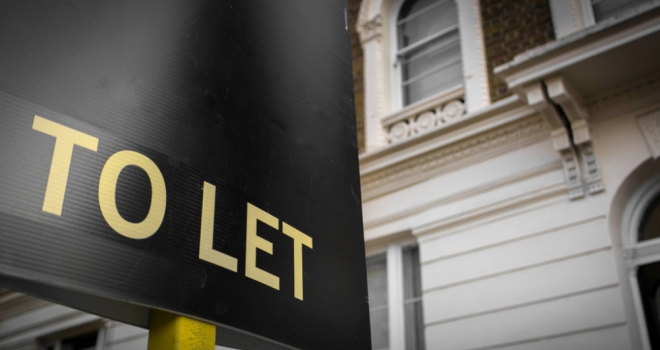
"Landlords have left the sector in recent years due to extra red tape and taxes. The shortage became more acute as owners took advantage of the 14-month stamp duty holiday from July 2020. Supply has since recovered as more sellers become landlords thanks to a subdued sales market"
- Tom Bill - Knight Frank
If the sales market underperformed expectations in the first quarter, the lettings market offered few surprises. Supply continued to build while demand remained steady, which increased downward pressure on rents. Average rents rose 5.6% in prime central London in the year to March.
While compared to an equivalent increase of 16.9% in March 2023, rents are still 34% higher than before the pandemic. Meanwhile, in prime outer London, rents are 30% higher than before Covid. Annual growth shrank to 5.1% in March from 15.2% a year earlier.
Landlords have left the sector in recent years due to extra red tape and taxes. The shortage became more acute as owners took advantage of the 14-month stamp duty holiday from July 2020. Supply has since recovered as more sellers become landlords thanks to a subdued sales market.
That said, the Renters Reform Bill currently going through Parliament shows how regulatory uncertainty is lingering. Growing supply means more landlords have to accept that asking rents may not be achieved. There hasn’t been double-digit annual growth for six months in London’s prime postcodes. In some areas, we are seeing rents fall on an annual basis, as explored last month.
What has also emerged is a marked difference between higher and lower-value rental markets in London. Supply has returned more noticeably in upper price brackets.
While the number of new lettings listings in PCL and POL was 13% below the five-year average in the first quarter of this year, there was a 40% increase above £1,000 per week. The main reason is the discretionary approach taken by owners in higher-value markets, who have switched to lettings from sales while property prices are flat or falling.
Given how much higher rents are compared to four years ago, the number of properties to let at more than £1,000 per week has also grown.
David Mumby, head of prime central London lettings at Knight Frank adds: “Sentiment is changing quite quickly as supply builds, but some landlords haven’t caught onto this yet. The reality is that it is taking more viewings to get an offer, which means more price reductions are taking place.”





